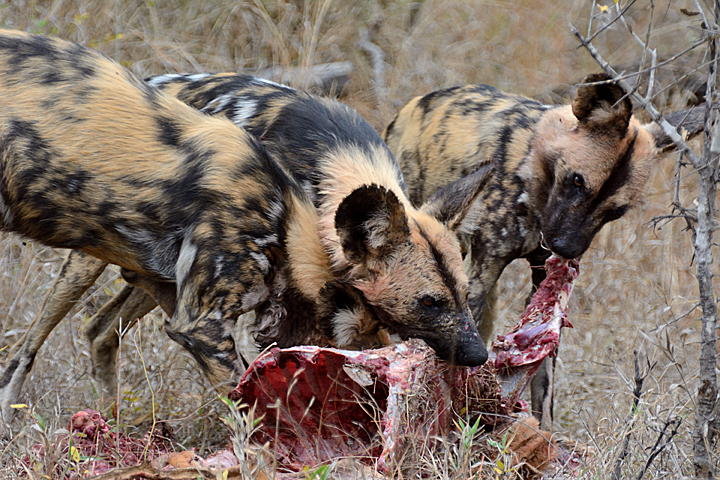

Another danger that these dogs face is disease that spreads from domestic animals. African wild dogs face a number of serious threats, including habitat loss, hunting and poisoning by human, as they are considered a threat to livestock. This helps to maintain a natural balance in nature, and in the long run, improves the prey species. Like most predators, the African wild dog plays an important role in eliminating sick and weak animals. For example, the young and ill are allowed to feed first after a successful hunt.

In fact, unlike almost any other predator, they live in extraordinary co-operation with one another. African wild dogs have an ill-deserved reputation as aggressive, vicious killers. Packs of African wild dogs hunt antelopes and will also tackle much larger prey, especially if the prey is ill or injured. They live and hunt in groups called packs.Īfrican wild dogs are the size of medium domestic dogs. They also are found in woodland and mountainous habitats where their prey lives.

African wild dogs are found in arid zones, savannas and grasslands. It has large, rounded bat-like tail ears and dark brown circles around its eyes. Its Latin name, Lycaon pictus, means “painted wolf-like animal.” An African wild dog’s colorful patchy coat is mottled in shades of brown, black and beige. The African wild dog is a highly intelligent and social animal.


 0 kommentar(er)
0 kommentar(er)
